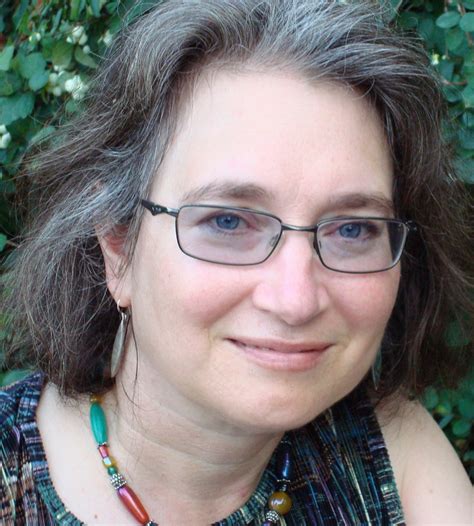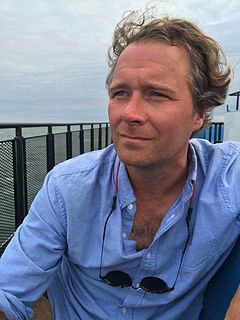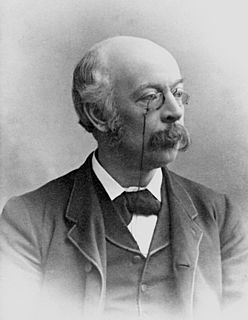A Quote by Lucia Perillo
My advice to aspiring poets is to find a community of other poets who are willing to read one another's work. And to read widely, in a variety of time periods and cultures, to identify which traits of poems are appealing and which aversive. And what can be stolen.
Related Quotes
I don't spend time thinking about an aesthetic out of which I create or an ideal toward which my body of work is heading. It's amazing, when I read interviews with other poets, to see how articulately they discuss their own writing, as if they were sharing long-held theories on the work of Pope or Keats. I'm happy enough that I've poured the best of myself into the poems themselves.
I personally believe the role of poets as poets (which is something different from our obligations as citizens, community members, humans) is to write poems. I believe this because I am quite sure poetry can do something no other form or writing, or human activity, can, at least not in such a powerful and distilled and undeniable way. And that we need this type of thinking for our survival as individuals and as a species.
My first advice would be to read, read, read, which sounds interesting coming in a digital age, but it's so much easier to listen to a poem than it is to sit down and actually read it and to hear it in your head and that is something that every poet or aspiring poet needs to be able to do, I think to hear it in their head.
One of the surest tests of the superiority or inferiority of a poet is the way in which a poet borrows. Immature poets imitate mature poets steal bad poets deface what they take and good poets make it into something better or at least something different. The good poet welds his theft into a whole of feeling which is unique utterly different than that from which it is torn the bad poet throws it into something which has no cohesion. A good poet will usually borrow from authors remote in time or alien in language or diverse in interest.
My biggest poetic influences are probably 20th-century British and Irish poets. So I suppose I'm always listening for the music I associate with that poetry, the telling images, the brevity. I want to hear it in my own work as well as in the poetry I read. However, I think I'm generally more forgiving of other poets than myself.
As a guiding principle I believe that every poem must be its own sole freshly created universe, and therefore have no belief n 'tradition' or a common myth-kitty or casual allusions in poems to other poems or poets, which last I find unpleasantly like the talk of literary understrappers letting you see they know the right people.
Poets are the hierophants of an unapprehended inspiration; the mirrors of the gigantic shadows which futurity casts upon the present; the words which express what they understand not; the trumpets which sing to battle, and feel not what they inspire; the influence which is moved not, but moves. Poets are the unacknowledged legislators of the world.






































